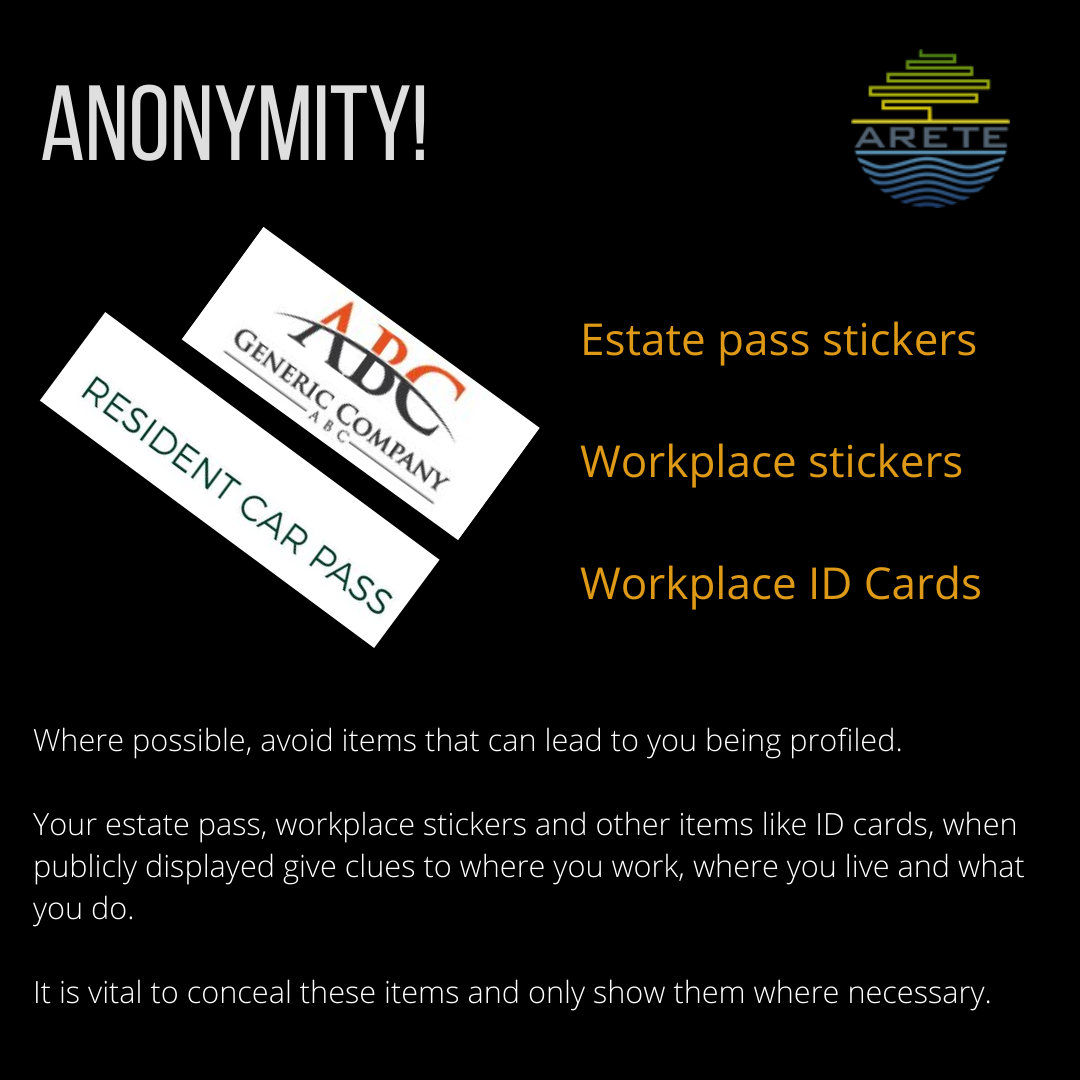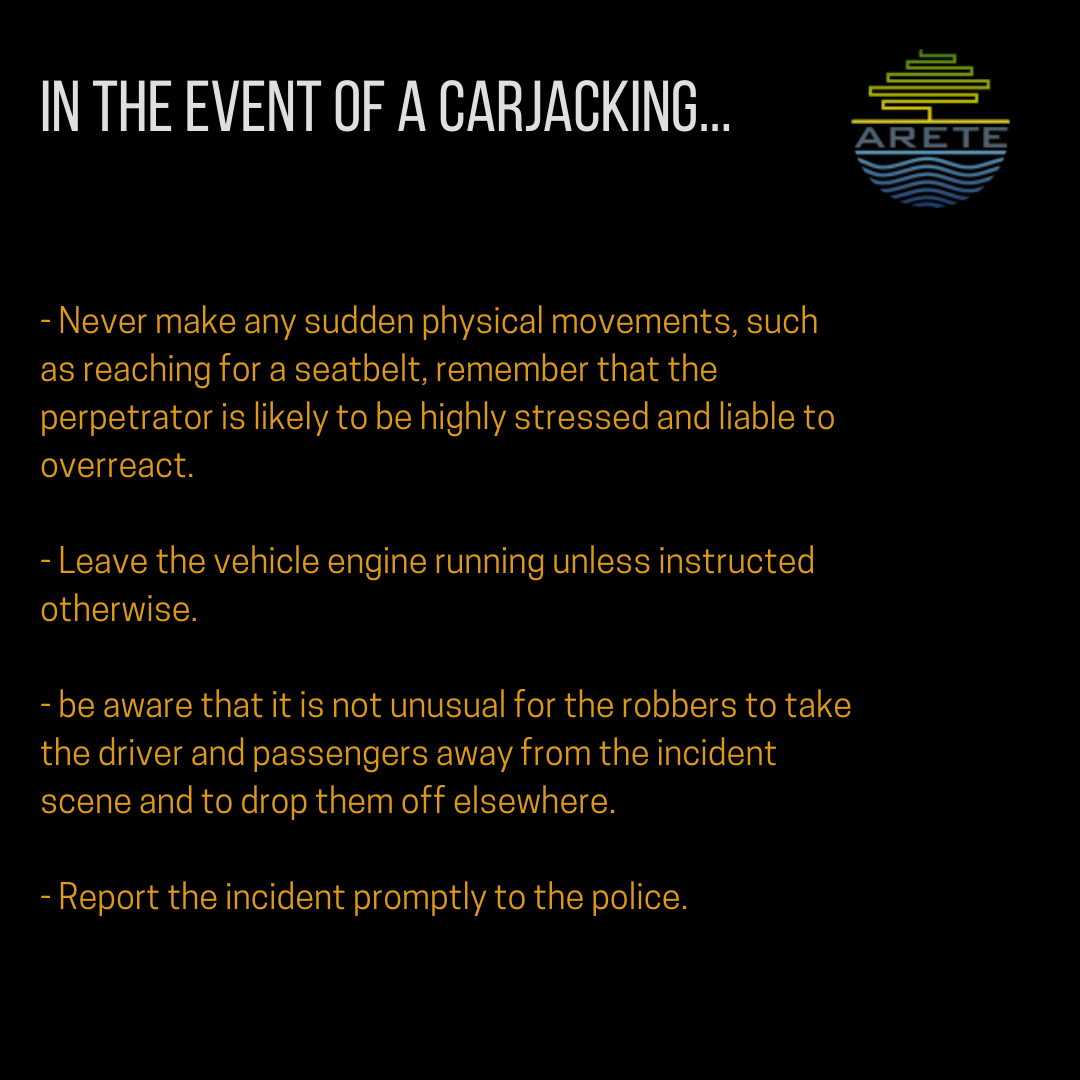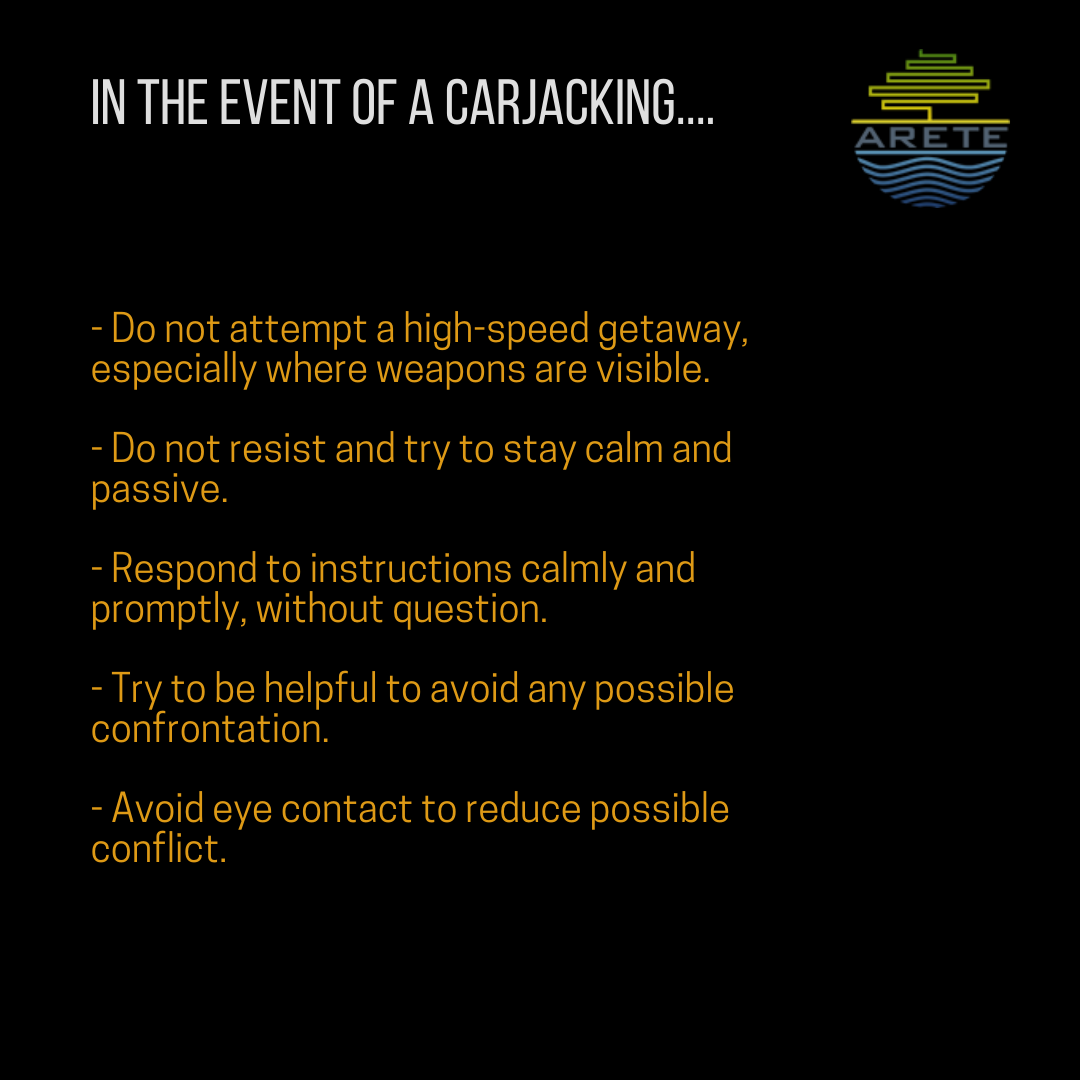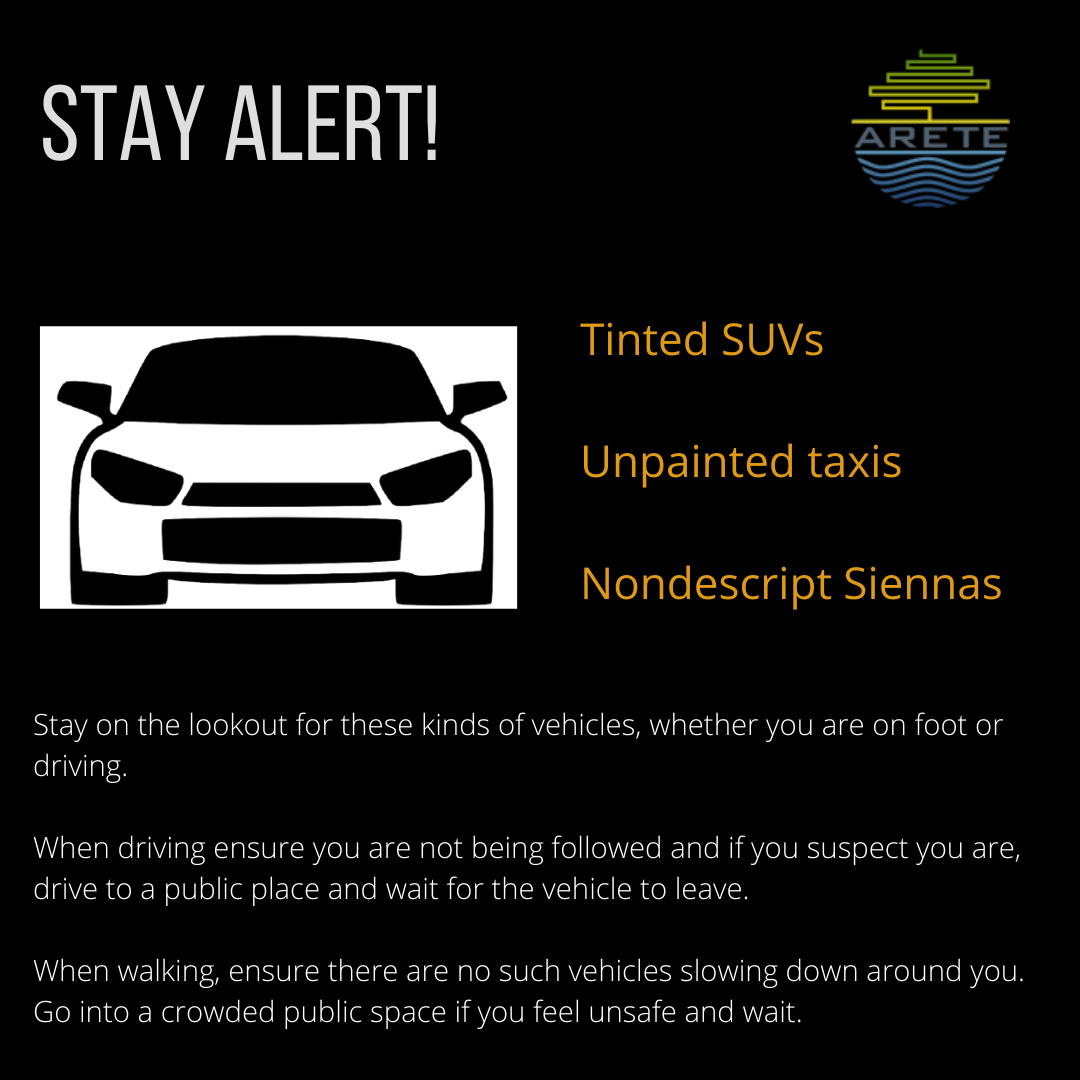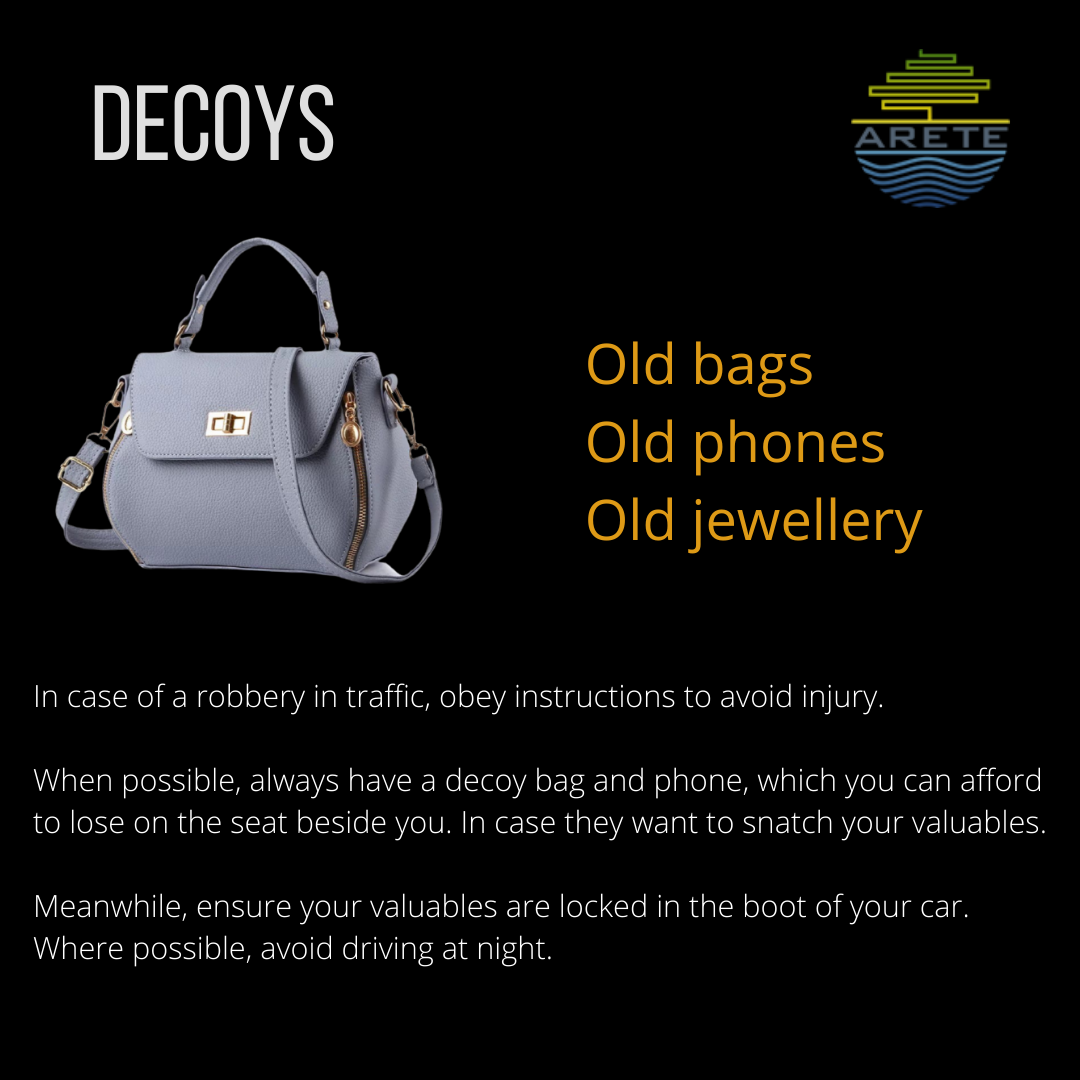War Risk Insurance
As reported earlier this week, NIMASA is calling on the international community to rethink the level of war risk insurance for vessels calling Nigeria. According to the Punch newspaper, the Director-General of Nigerian Maritime Administration and Safety Agency (NIMASA), Dr. Bashir Jamoh, has expressed worry over the persisting war-risk insurance on Nigerian bound cargoes, calling for its removal.
Dr. Bashir said – “Since the deployment of the deep blue project assets in February, there has been a steady decline in piracy attacks in the Nigerian waters on a monthly basis. We, therefore, invite the international shipping community to rethink the issue of war risk insurance on cargo bound for our ports. Nigeria has demonstrated enough commitment towards tackling maritime insecurity to avert such premium burden.”
Read the full article here
What is war risk insurance?
It is an insurance policy that provides financial protection to the policyholder against losses from events such as invasions, insurrections, riots, strikes, revolutions, military coups, and terrorism. The premium varies based on the expected stability of the countries to which the vessel will travel.
How does it affect Nigeria’s maritime trade?
Due to the proliferation of piracy, hijacking and invasion affecting cargo coming into Nigerian ports, insurance companies have over time increased the premium being paid by operators in the Nigerian maritime space. The cost of this increasing premium negatively affects the cost of maritime trade in Nigeria.
According to the non-profit Oceans Beyond Piracy’s 2020 report, the total cost of additional war risk area premiums incurred by Nigeria-bound ships transiting the Gulf was $55.5m in 2020 alone.
Thus far, there has been no response from insurers or the international community to this request, but we will follow this story in the coming weeks and months following the official launch of the Deep Blue Project earlier this month (see our coverage here).
At Arete, we offer mitigation services for maritime and offshore clients such as Risk Management Consultants (RMCs) embarked on clients’ vessels and platforms offshore to coordinate Security Patrol Vessel (SPV) activity, undertake incident response & crisis management, train and drill the crews in counter-piracy, as well as provide Security Patrol Vessel (SPV) escorts throughout Nigerian waters.
Email us at info@arete-group.com

